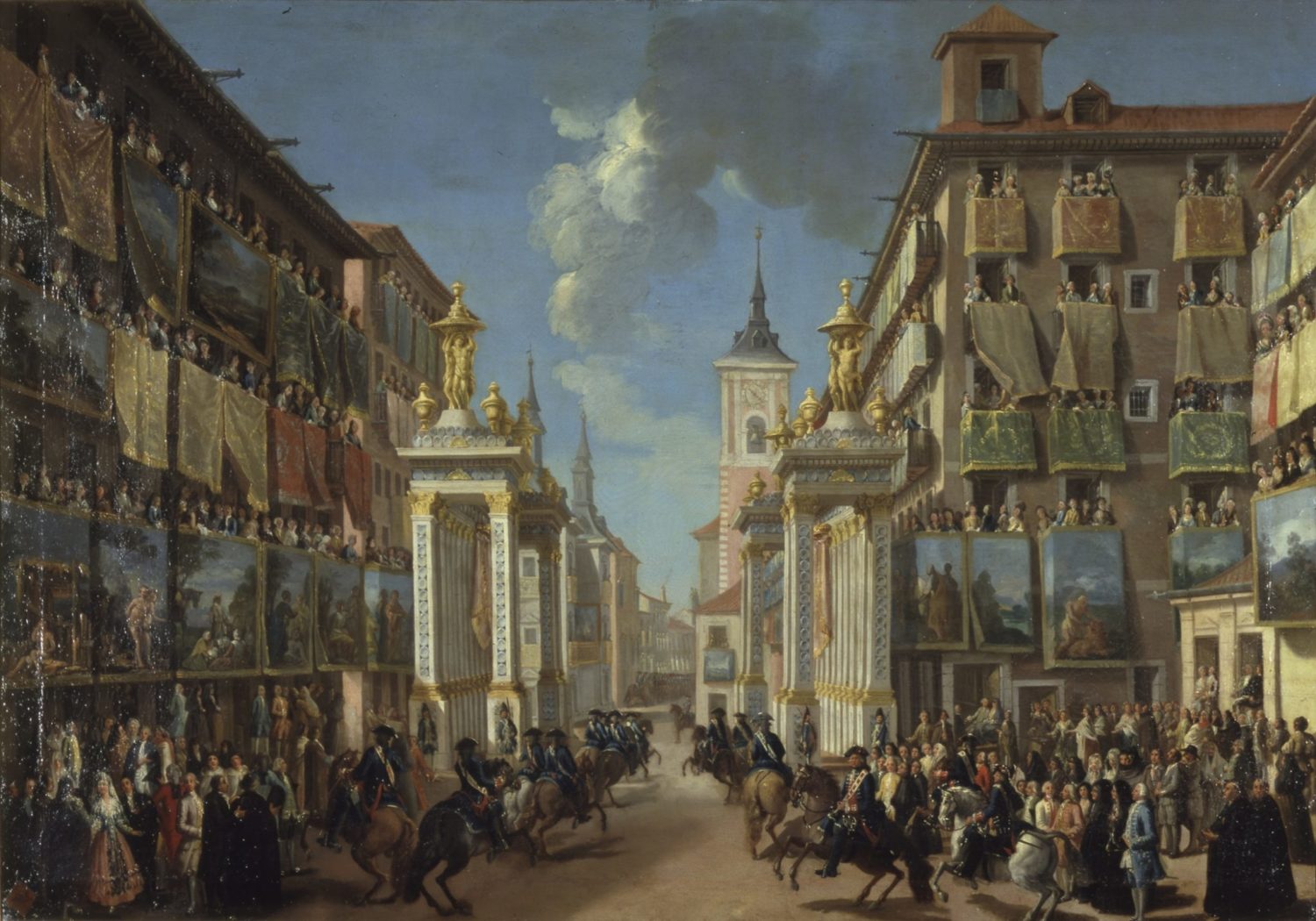Cities of Enlightenment in Global Context: Clerical Sociability and Civil Conversations
This collaborative project explored the relationships between Enlightenment and metropolitan culture in a global context through the analysis of sociability. It examined how capital cites attained a degree of cultural and intellectual centrality during the period 1660-1800, and the role played by knowledge in the shaping of the institutional, scientific and cultural infrastructure of the modern metropolis. Through a series of case studies (starting with London, Rome, Paris and Mexico City), it examined the connection between the world of learning and scholars and the emergence of urban identities in this period. It paid particular attention to the dialogues between clerical and non-clerical groups, and also to the role of international exchange in the changing intellectual function of the metropolis.
Recent scholarship has emphasised the need to reshape the comparative research agenda, and to move away from traditional 'Franco-centric’ histories or from those that concentrate on national contexts. In addition, new cultural histories of eighteenth-century capital cities and urban histories of science have paid attention to the spaces of Enlightenment and to different cultures of mobility, opening up perspectives beyond the study of individual travelling scholars.
This project combined and took forward these new perspectives in two ways: to broaden and test the European comparative framework to its colonial locations; and to challenge, through a consideration of urban sociability, the notion of the Enlightenment as mainly a process of intellectual secularisation.
The project was concerned with the social production of knowledge, and of the transmission of knowledge as ideas, within and across particular urban settings. It combined the methodologies of cultural history (in its concern identify formations, metropolitan culture, practices of mobility and travelling culture, practices of sociability, publishing history, history of readings) and of intellectual history (in its concern with the textual articulation and transmission of ideas that embody claims of validity beyond their local or national settings.


